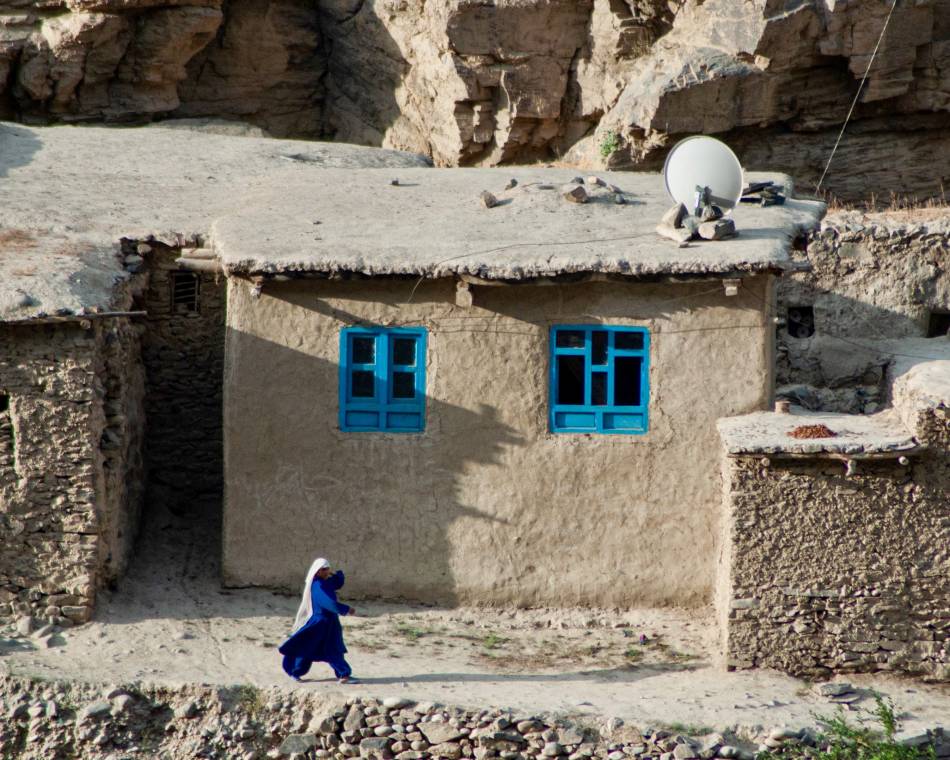GENEVA (AN) — Donors pledged more than $1.2 billion in emergency humanitarian aid for Afghanistan at a United Nations-sponsored fundraiser on Monday as the Tabilan consolidates power and triggers concerns for human rights in the war-battered country.
U.N. leaders announced the aid pledges at a high-level conference had far exceeded the $606 million "flash appeal" they had sought to protect 11 million Afghans who remain in their homeland and the additional millions of Afghans who have fled for safety throughout the region. It was unclear how much of the money represented new funding; some of the nations' pledges included previously announced contributions.







